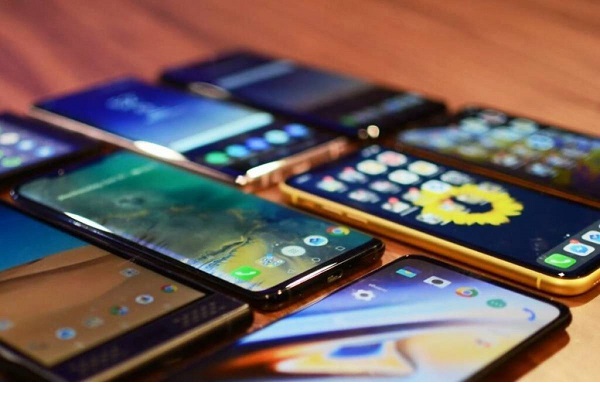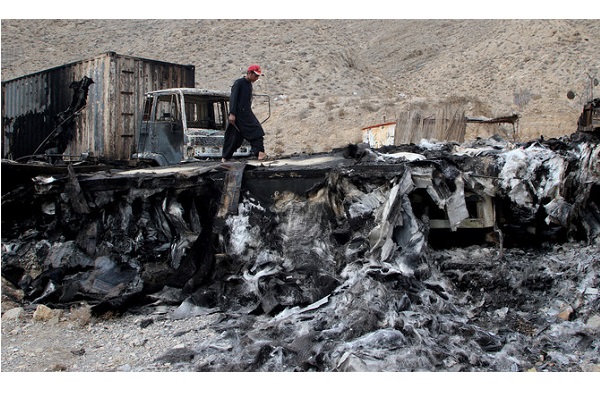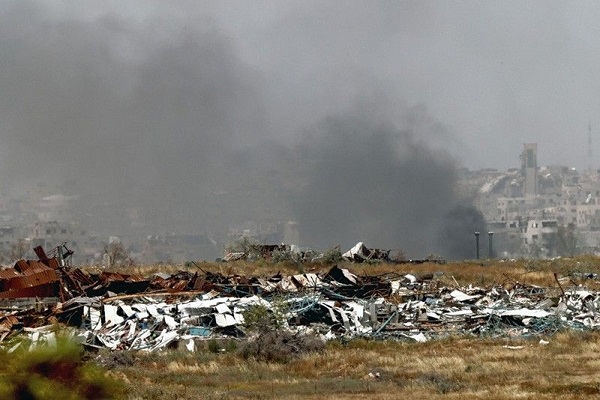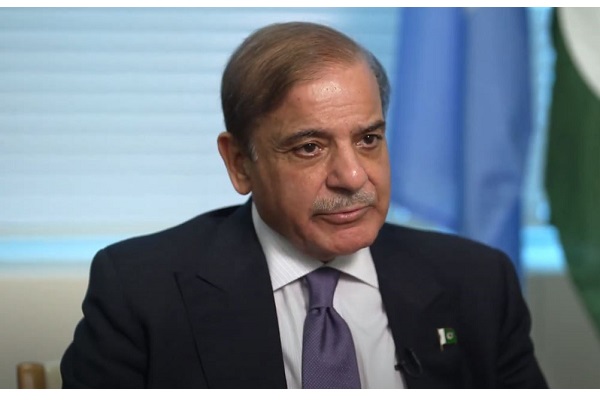QUETTA: Heavy rains, thunderstorms, and hailstones continued to lash various districts of Balochistan, including its capital, on Saturday
LAHORE: The Lahore High Court ruled on Saturday that spying on or extracting data from the personal mobile phone of an individual or a suspect is unconstitutional and illegal except with the permission of a court.
“Extracting information from a personal phone of an accused during a criminal process is a serious issue which attracted our attention to examine the law on the subject,” said the judges in a verdict allowing the appeal of a man convicted of propagating the agenda of a banned outfit.
The bench comprised Justice Ali Baqar Najafi and Justice Muhammad Amjad Rafiq.
The judgement, authored by Justice Rafiq, noted that in this modern day, people were virtually living in their cell phones, chatting with near and dear ones, talking through audio or video calls, and sharing material and messages in public and private. “Therefore, our phone is like or not less than a home,” it said.
The judgement observed that every relation, domestic or private, which the people kept within the four walls of their house, was legally protected under the Constitution.
“We know the human inclinations have no limits; it expands to religion, Sufism, ideology, politics, art, culture, customs, traditions, literature, music, poetry, history, business, sports, etc.,” it said.
It said that anything could appeal to an individual, for which they explored books, websites, correspondence with scholars, etc., and such exploration of physiological knowledge was not prohibited under the law.
They said the reason flew beyond comprehension, institutionalised processes, worldly scheme of avenues and it struggled unless it was settled to an acquiesced concept of understanding.
“Until then, if any information which a person wants to keep secret in his cell phone cannot be extracted except with his consent or as the law directs because the privacy of the home is subject to law,” the judgement said.
It ruled that as a fundamental constitutional right, the right to privacy was meant to take precedence over any other inconsistent provisions of domestic law.
The judgement noted that the relevant law clearly spoke that acquiring data stored in an information system or seizing articles containing such data required the intervention of a court either by obtaining a warrant or otherwise an intimation to the court after such seizure within 24 hours.
“Therefore, when any mobile phone is recovered from a suspect and any data retrieval whereof from the said phone is essential for criminal investigation, it could only be obtained with the permission of the concerned court with strict regard to privacy rights guaranteed under the Constitution,” it said.
The judges said an order from a magistrate concerned was required in a situation where the police needed to extract information from the mobile phone at the time of arresting a suspect.
After hearing the suspect, the magistrate could pass an order for examining and extracting the information relevant to the case only, keeping strict regard to Article 14 of the Constitution.
The judgement noted that in the United States, it was the right of every person to decline the warrantless search of his mobile phone.
The judges said the system in Pakistan too identified the same principles of protection as in the US and such prohibition and protections were embodied in Articles 9, 12, 13, 14 and 24 of the Constitution.
The bench noted that Article 13(b) of the Constitution clearly indicated that no one could be compelled to be a witness against himself.
“Therefore, offering your mobile phone for scrutiny can incriminate you for any offence because it is not expected that everything you have stored in your phone by consent or was it downloaded systemically without the consent must be fresh in your memory,” it explained, adding that this offer amounted to self-incrimination, which was prohibited under the Constitution.
With these observations, the bench allowed the appeal of Mr Rehmatullah and set aside his two-year sentence on three counts awarded by an anti-terrorism court of Gujranwala.
The bench expressed concern over the prosecution for extracting the material or evidence from the mobile phone of the appellant and sending the data to the Punjab Forensic Science Agency for analysis without a proper legal process.
It observed that extracting data from a personal mobile phone of a suspect without their consent was not a good practice as it opposed the constitutional guarantee of the right to privacy.
You May Also Like
GAZA: Hamas has said it was studying Israel’s latest counterproposal for a Gaza ceasefire, a day after media reports said a delegation
ISLAMABAD: Prime Minister Shehbaz Sharif has ordered an increase in the wheat procurement target from 1.4 million tonnes to






